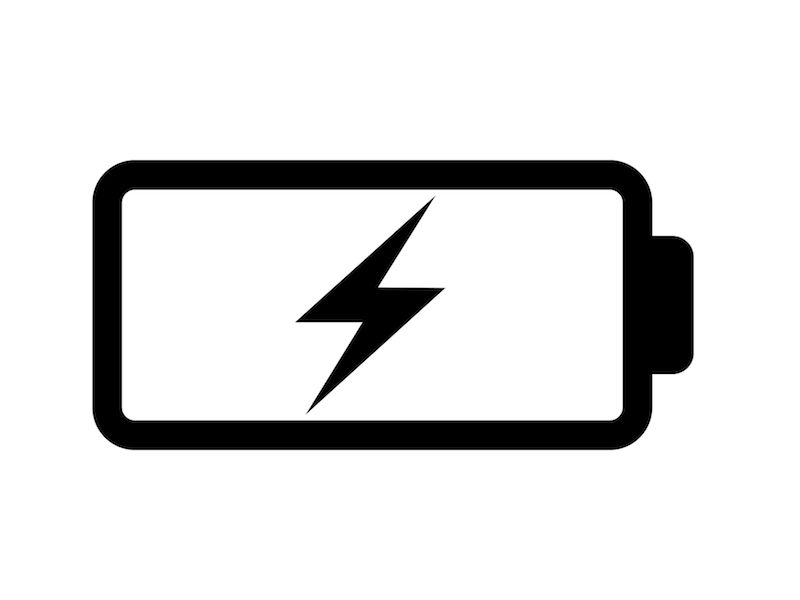
Rechargeable hearing aids are manufactured so that you’ll need to worry less about running low on batteries, but the technology might also make you slightly nervous when you rely on your devices to hear. Do rechargeable hearing aids work, and do they work as well as marketed?
The anxiety is reasonable and so are the question you may have. A hearing aid is often as important for the enjoyment of a television show or a movie as it is for a trip to the supermarket or any other part of everyday life. When a piece of technology affects so many facets of your life, it’s essential that it work correctly and dependably.
How Do I Know What Type of Battery I Have?
By default, most modern-day hearing aids have rechargeable batteries, so if you purchased your hearing aids recently it’s likely that your hearing aids will have one of two battery types. Silver-zinc batteries, which can usually be distinguished by a battery door on the device, are rechargeable, but every now and then they have to be replaced. A Lithium-ion battery, however, will last for the duration of the life-cycle of the hearing device and, due to this, those devices will not have that telltale battery door.
How to Care For Your Rechargeable Hearing Aid
For the most part, rechargeable hearing aids do work, and they work well. The reliability of these devices has increased dramatically in the last several years, as battery technologies have improved. In order to increase dependability, however, there are some maintenance measures users can take as they would with any other electronic equipment.
- Be Careful of Wires: Either the hearing aid itself or the charging station will have some kind of wire element on most hearing aids. Most hearing aid users are counseled to be mindful of these wires; do not pull or hold your device by these wires as this will damage the connections that allow your hearing aid to charge.
- Keep Your Hearing Aids on The Charging Station: If you regularly store your rechargeable hearing aids on their recharging station you can extend the life of your battery. Charging a battery that is not totally drained does not shorten long-term battery life. In fact, you can actually enhance the battery life by making certain your hearing aids are charging while not in use. A simple reminder, for many people, to charge their device when it’s not used, is to set the charging station on a table near their bed.
- Keep Your Hearing Aids Dry and Clean: No matter how often you use or do not use your hearing aids, they have abundant occasion to accumulate dust, debris, and moisture. Any combination of these three elements can undercut the capacity of your battery and can interfere with charging as much as it needs. That’s why it’s essential to keep your hearing aids clean and dry especially when connecting your hearing aid to its charging station.
How to Change a Rechargeable Battery
If you have lithium-ion batteries, they should last as long as your device does. So replacing those batteries won’t be something you ever have to worry about. Your hearing aids can then be simply charged as long as necessary.
Hearing aids that rely on silver-zinc batteries, however, may need new batteries once in a while. Switching batteries in the right way can help improve the longevity of your hearing aids. As such, most people who use these hearing aids are counseled to:
- Five minutes before removing any tabs that might be attached let the batteries sit at room temperature.
- Ensure you wash your hands before changing your hearing aid batteries.
- Ensure that your battery compartment is free of moisture and clean.
- Until you’re ready to use the batteries, don’t remove the plastic tabs or packaging.
- Store batteries in a room temperature spot that is also certain to be dry.
Long Periods of Non-Use
Leaving your hearing aids on the charger over long periods of time is no longer the way to store your hearing aids. Just disconnect your hearing aid and put it in a dry cool place if, for instance, you know you won’t be wearing them for a few weeks or a month.
If your hearing aids use silver-zinc batteries, you might also think about leaving the battery door open so that you can stop moisture from corroding your batteries.
Keep it Charged Every Day
All your basic requirements should be satisfied if you charge your hearing aids once per day. A lithium-ion battery, for example, will typically require just 3-4 hours to charge sufficient battery power for a 24 hour period.
Do rechargeable hearing aids work? Not only do they work, but rechargeable hearing aids will likely become a lot more common and reliable as the technology continues to improve. Contact your local hearing aid retailer to see all the different models
